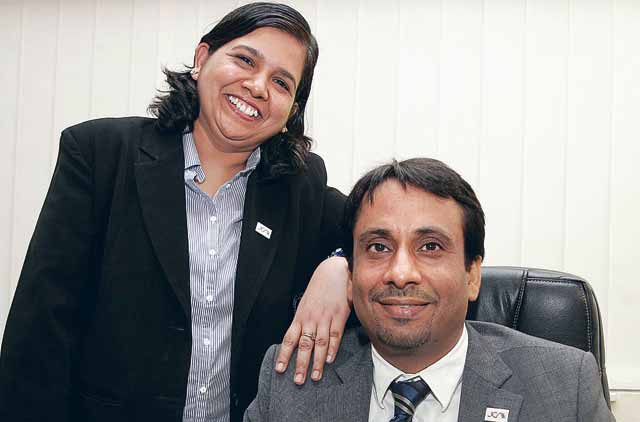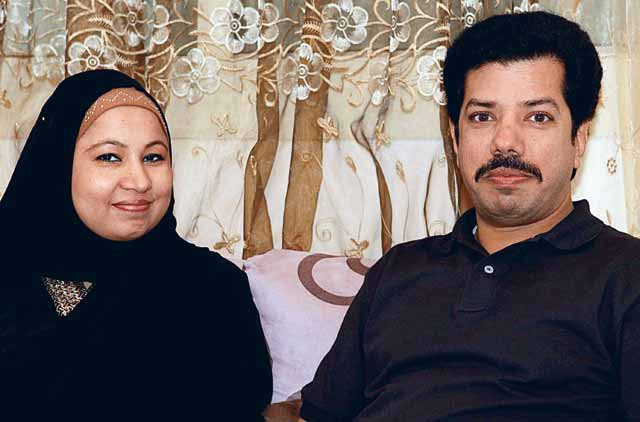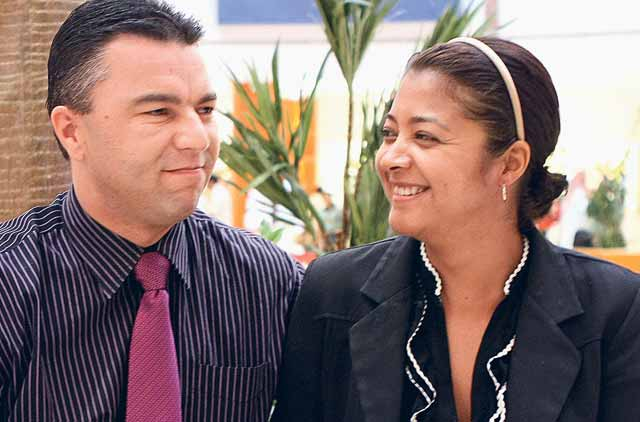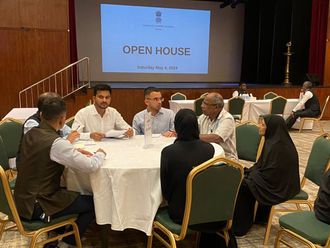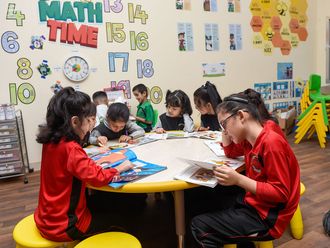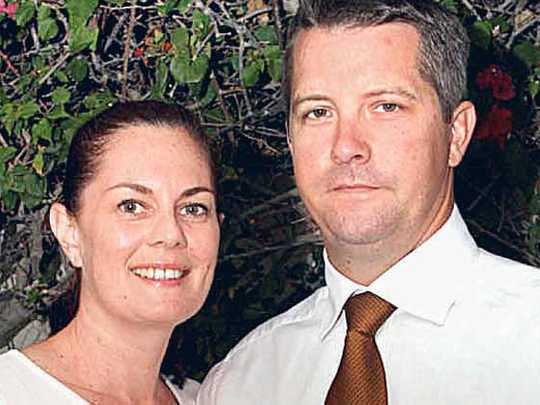
If the breadwinner of a family is supposed to be the high-earning, educated spouse, studies show that women of the 21st century are more deserving of the title than their counterparts.
Changing priorities have forever altered the roles of homemakers, and the need for two incomes in one home in the current economy means bachelors are looking for partners, not just wives.
As a larger number of marriages — in the UAE and worldwide — face a shift in traditional roles, Gulf News explores the unprecedented impact it can have on social structures. Has equality finally arrived in marriage?
Single life may have its perks, but a new study has shown if a man wants to get ahead, it is much better to be married.
A report from the US-based Pew Research Centre released last month has found an increase in the number of women who are better educated and earn more than their husbands.
But what does the "rise of the wives" trend mean for the institution of marriage? Have women become equal partners?
Geraldine Wilcock, an Australian account manager in Dubai, has been the primary earner for her family in the past.
While she took the lead when the family was based in Singapore, her husband Julian is the main earner in the UAE.
She has an equal say in how the household budget is spent partly because she has a career.
"I am bringing in some of the money ... I should have a say in where that money goes. Married couples must respect and encourage each other."
Noel Malicdem, a Filipino architect, said just because his wife Marie is a homemaker, it does not mean she is excluded from the decision-making process.
"It doesn't have to be that I am the husband, so I have final say," he said.
"She cares a lot about the family, so it has to be 50-50."
Genevieve Jozaffe-Naidoo, a South African who works in human resources, said she and her husband Michael have always been equal partners in family decisions regardless of earning capacities. "I don't think both parties working is what creates equality."
She said respect and communication are more important.
While it's respect and not money that are key to equality in marriage for some, what about the role of education?
According to the American study, more women than men have college degrees for the first time in US history.
Some Gulf News readers feel education levels play a role when it comes to family decisions.
Divya Gianchandani, who works with her husband Jitendra in Dubai, said in the past, the opinion of Indian wives was not always taken into account. The Indian chartered accountant said this has changed.
She said: "Because I am educated, I am more aware."
The marriage is "more equal" because of it.
The changing roles in marriage also mean more men are taking on a second job — housework.Imran Chaudry is a Pakistani national who works in sales. His wife Fozia is a teacher. He said because more women are entering the workforce, men must pitch in at home.
"We share most household tasks," Chaudry said.
This, he said, is key to a "smooth and comfortable" married life.
While some men may feel threatened by the financially successful woman, others have embraced the times.
Fozia has been the primary breadwinner at certain times in the couple's 13-year marriage.
Chaudry said: "I don't have any problem with this. I don't think I am narrow-minded."
Julian Wilcock, who works in the education sector, has no problem with the trend either.
"Some men feel a loss of worth," he said. "But it doesn't really faze me."
New Research: Make money, get married
It pays to be married, especially if you are a man. A new American study says "women have outpaced men in education and earnings growth".
The prospects of marrying a high-earning, well-educated woman have gone up — the economic gain of tying the knot is more for men.
The results, released earlier this month by the Pew Research Centre, detailed the rise of wives in the institution of marriage.
The survey was primarily carried out on US-born men and women in the 30 to 44 age bracket, a group with more women than men having college degrees for the first time in the nation’s history.
Ironically, the study shows that marriage rates have gone down since 1970 when compared to 2007, but the fall has been the sharpest for the less educated men and women.
Additionally, the report stated that "less educated, married women now are far less likely than in the past to have a spouse who works — 77 per cent did in 2007, compared with 92 per cent in 1970."
Education seems to be the key player in this social shift in "spousal characteristics", which could be extrapolated to Eastern societies as the UAE. As per the Statistical Yearbook for 2008, the number of UAE national female graduates in Dubai at 3,857 is almost twice that of the 2,097 male graduates. A gulfnews.com poll showed that 84 per cent of online readers believed women should work after graduation.
But, does this point to a shift towards greater equality in marriage? The US study states there has been "significant changes".
— By Anupa Kurian/Readers Editor
Does it matter which spouse earns more? How are responsibilities shared in your relationship?


